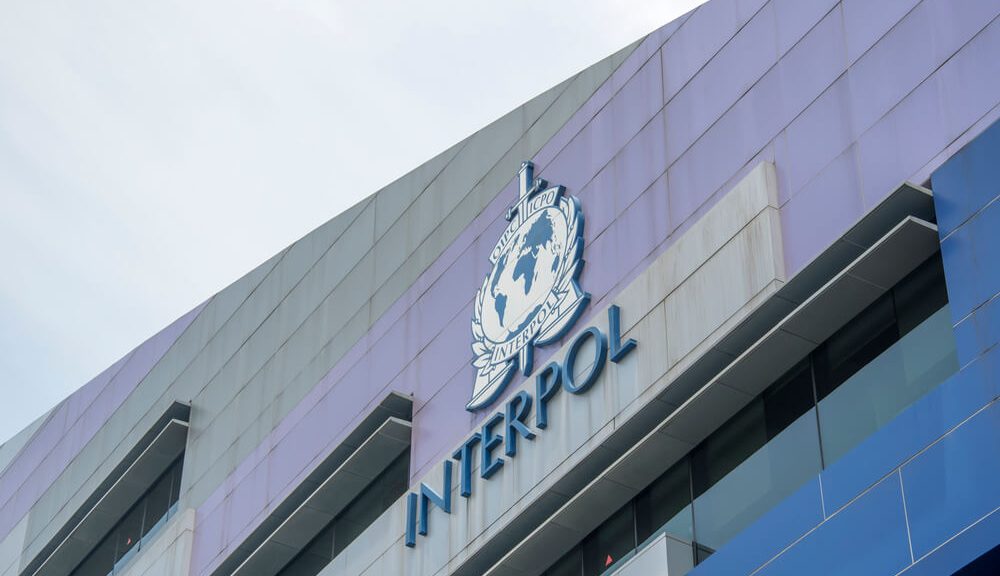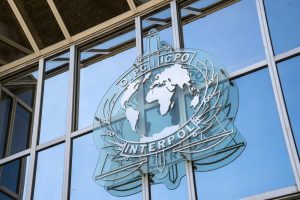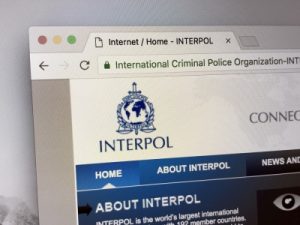
INTERPOL Publishes Its First-Ever Silver Notice, Provides No Specific Regulatory Framework
Today, on January 10, 2025, INTERPOL has announced that it has published what it claims to be its “first-ever Silver Notice.” Silver Notices, according to INTERPOL, are designed to “help trace and recover criminal assets, combat transnational organized crime and enhance international police cooperation.” The INTERPOL announcement says that Silver Notices are still in their “pilot phase” and will remain as such “at least until November 2025.” 52 countries and territories are participating in the pilot phase. They will be able to “collectively request up to 500 Silver Notices and Silver Diffusions, with the total divided equally among all participating countries.”

Not only will INTERPOL member countries be able to submit requests for publication of Silver Notices, but they will have the ability to issue Silver Diffusions as well. It is universally known that INTERPOL’s review of diffusions is even less meaningful than its screening of notices, and, as a result, diffusions have proven to be an even more convenient tool of abuse of the Organization’s channels. INTERPOL claims that it will “review every Silver Notice and Diffusion for compliance with [its] rules prior to its publication or circulation.” This review, INTERPOL claims, “includes ensuring they are not used for political purposes, in contravention of Article 3 of INTERPOL’s Constitution.” It remains unclear whether the General Secretariat will continue to screen Silver Diffusions prior to their dissemination following the pilot phase.
On its website, INTERPOL provides the following guidance:
“Through Silver Notices and Diffusions, member countries can request information on assets linked to a person’s criminal activities such as fraud, corruption, drug trafficking, environmental crime and other serious offenses. It will facilitate locating, identifying, and obtaining information about laundered assets including properties, vehicles, financial accounts and businesses. Countries may subsequently use such information as a basis for bilateral agreement, including bilateral requests for seizure, confiscation or recovery of assets, subject to national laws.”
It is no secret that INTERPOL’s approach to its regulatory activities is anything but conventional. For example, the Organization does not publish the reports of its expert working groups, which serve as a basis for its key regulations. Instead, INTERPOL confines any public disclosures to brief and often meaningless description of the results of their work. Another glaring example is the refugee and asylum-seeker policy. First introduced by the INTERPOL Executive Committee a decade ago, it is yet to be officially published by INTERPOL. Likewise, it often takes the Organization weeks, at best, to publish amendments to its Constitution and Rules on the Processing of Data, without a doubt the two key sources of law when it comes to challenging abusive Red Notices, diffusions and other government requests. The situation around Silver Notices and Silver Diffusions, however, is even more bizarre.
 Not only has INTERPOL failed to publish in any comprehensive manner the outcomes of its experts’ work tasked with “design[ing] . . . the scope of the pilot, the format of the Silver Notice and Diffusion, conditions, safeguard measures and estimated costs,” but the INTERPOL General Assembly has not adopted any regulatory framework for Silver Notices or Silver Diffusions either. This is evident from INTERPOL’s Rules on the Processing of Data amended by the General Assembly just two months ago, in November 2024. Unlike other notices, which are subject to specific provisions secured in the Rules on the Processing of Data, Silver Notices and Silver Diffusions are not even mentioned in the document. As a result, no minimum criteria or other specific conditions under which Silver Notices can be published and Silver Diffusions disseminated, no specific steps that governments are allowed to take when they receive such notices or diffusions, and no other specific requirements concerning them, if any, are known to the public.
Not only has INTERPOL failed to publish in any comprehensive manner the outcomes of its experts’ work tasked with “design[ing] . . . the scope of the pilot, the format of the Silver Notice and Diffusion, conditions, safeguard measures and estimated costs,” but the INTERPOL General Assembly has not adopted any regulatory framework for Silver Notices or Silver Diffusions either. This is evident from INTERPOL’s Rules on the Processing of Data amended by the General Assembly just two months ago, in November 2024. Unlike other notices, which are subject to specific provisions secured in the Rules on the Processing of Data, Silver Notices and Silver Diffusions are not even mentioned in the document. As a result, no minimum criteria or other specific conditions under which Silver Notices can be published and Silver Diffusions disseminated, no specific steps that governments are allowed to take when they receive such notices or diffusions, and no other specific requirements concerning them, if any, are known to the public.
If all of these issues were not enough to sound the alarm about the new INTERPOL tool, among the 52 countries that have been chosen to participate in its pilot phase are several very well-known repeat abusers of the Organization’s channels. The names of the 52 countries and territories that have been chosen to participate in the pilot phase are published on the INTERPOL website. They are: Algeria, Argentina, Australia, Belgium, Brazil, Burundi, China, Colombia, Congo, Ecuador, Estonia, France, Gabon, Georgia, Gibraltar (UK), Guinea, Hungary, India, Iraq, Italy, Kazakhstan, Kenya, Korea (Rep. of), Kuwait, Latvia, Malawi, Malta, Moldova, Mozambique, Namibia, Netherlands, New Zealand, Nigeria, North Macedonia, Pakistan, Paraguay, Poland, Portugal, Qatar, Russia, Singapore, Spain, Sweden, Trinidad & Tobago, Ukraine, United Arab Emirates, United Kingdom, United States, Uruguay, Venezuela, Zambia, Zimbabwe.
